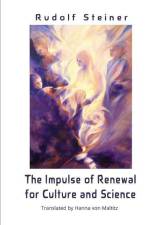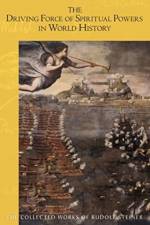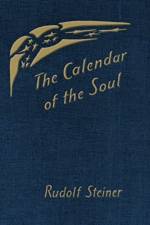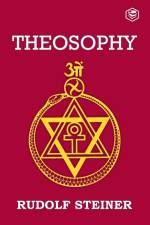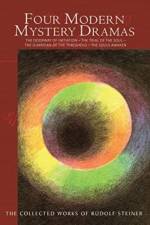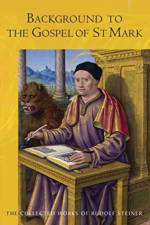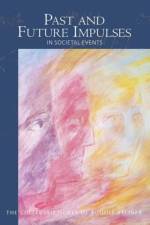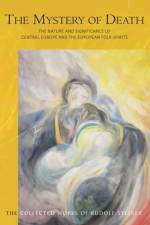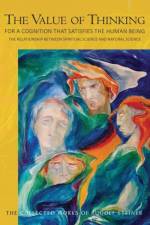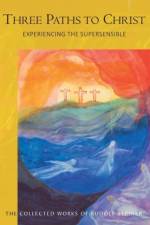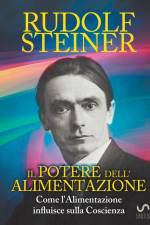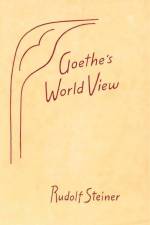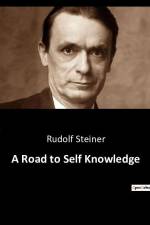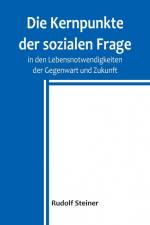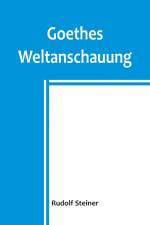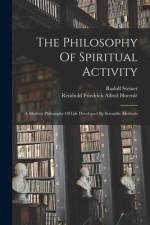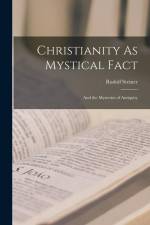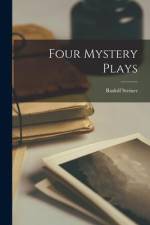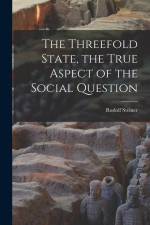av Rudolf Steiner
307
10 Lectures in Copenhagen and Norrköping, May 23-30, 1912, July 12-16, 1914 (CW 155)"Spiritual science does not want to replace Christianity; rather, it aims to be the instrument through which the meaning of Christianity can be grasped. And one thing that will become particularly clear through spiritual science is that the being whom we call Christ must be recognized as the center of life on earth, and that what we call the Christian faith is the ultimate religion, the eternal religion for the future of the earth." -- Rudolf Steiner (July 13, 1914)This collection of lectures from 1912 and 1914 offers a deepened understanding of the being of Christ, the divine Logos, in his connection with individual human souls. From religious figures such as John the Baptist and Saint Francis to the twentieth-century poet Christian Morgenstern, these lectures reveal how Christ works with and through all who seek him. The Pauline statement, "Not I, but Christ in me," becomes an inner guide by which each human soul can find a way to intimate union with the Christ being. It is he who has the power to make our ideals and goals in life--if they are worthy--into true seeds of future reality.The time of faith has come and gone. Christ needs our conscious striving, our effort to understand, within the heart's deep core, his ongoing presence and activity in the further evolution of our spiritual Earth and in our journey toward humanness. These lectures are a comfort and a signpost for the soul to walk the inner path of communion with Christ for the healing and redemption of the earth. We may be able, in the end, to redeem the karma accrued by our own individual souls, but for our spiritual work to be fruitful for all humanity it must be brought into connection with Christ. "What we take into ourselves in such a way that it is done from the perspective of 'Not I'-- this is what Christ makes into a common possession for all humanity" (July 14, 1914)."To know Christ means to undergo the school of selflessness.... Under the influence of materialism, the selflessness of humanity was lost in a way, as will be understood in future ages of humanity. However, through absorption in the Mystery of Golgotha, the penetration of the knowledge of the Mystery of Golgotha with our whole feeling and soul being, we can once again acquire a culture of selflessness. We can come to understand that what Christ did for the development of the Earth is contained in the fundamental impulse of selflessness, and that what he can become for the conscious development of the human soul is the school of selflessness!" -- Rudolf Steiner (June 1, 1914)To read these lectures is to strike out on the heart's path of fellowship with the living Christ.This book is a translation from German of Christus und die Menschliche Seele. Über den Sinn des Lebens - Theosophische Moral - Anthroposophie und Christentum (GA 155, 3rd ed.), Rudolf Steiner Verlag, Dornach, Switzerland, 1994. Cover image Salvator Mundi (1499-1510) by Leonardo da Vinci.

